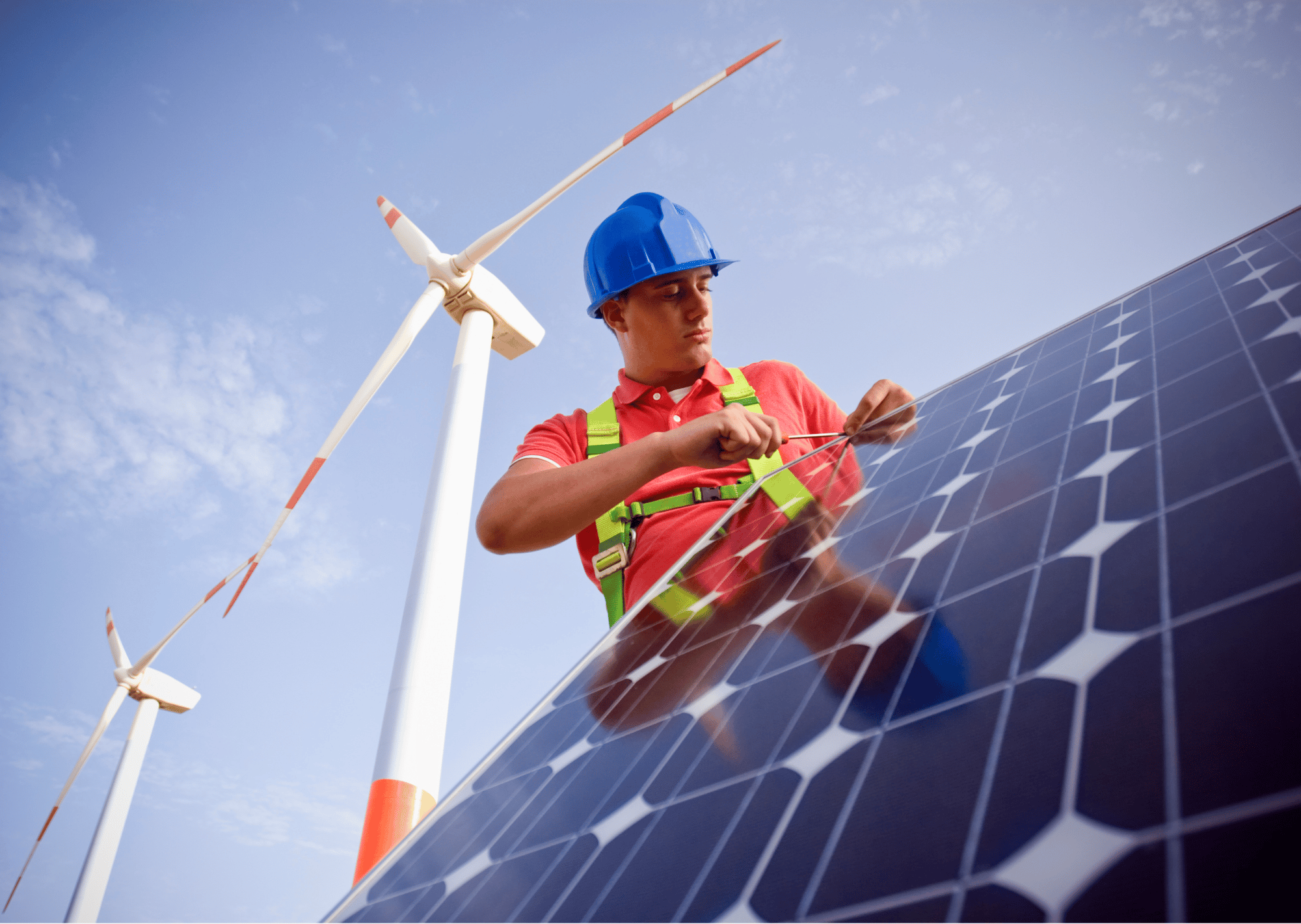As the world grapples with the urgent need to address climate change and environmental degradation, the shift towards renewable energy sources has never been more critical. The quest for clean energy solutions is driving innovation, creating new technologies, and reshaping economies. From photovoltaic systems that harness the energy from the sun to wind turbines that generate power with the help of high winds, the energy landscape is undoubtedly centered around eco-friendliness.
In this journey towards a more sustainable world, we are witnessing significant progress across various sectors. Solar power technology is making strides in effectiveness; wind energy is becoming more innovative with developments in turbine design; and water energy continues to be a reliable source of energy. Additionally, emerging technologies such as ocean energy are expanding the scope of renewable energy. As we explore the leading advancements that are set to transform our energy sector, we must also consider the roles of energy storage, intelligent grid systems, and even AI in optimizing these systems. Together, these developments not only promise a cleaner future but also define the new age of energy sustainability.
Cutting-edge Solutions Redefining Renewable Energy
The landscape of renewable energy is experiencing a dramatic transformation, fueled by disruptive advancements that aim to revolutionize how we capture power. One of the key developments is in solar power technology. With the advancement of novel materials and designs, solar panels are becoming progressively effective and cost-effective. Researchers are investigating next-generation solar cells, which offer enhanced energy efficiency and can be produced using easier processes. This transition not only renders solar energy more available but also promotes the transition towards a green energy future.
Wind power has also witnessed notable innovations, particularly with the emergence of offshore wind farms. These initiatives are capable of producing vast amounts of electricity due to intense and more consistent winds found at sea. Recent advancements in turbine design, such as bigger blades and improved materials, have made it possible to utilize more energy than before. Additionally, the use of floating platforms enables turbines to be located in more profound waters where wind speeds are greater, stretching the capabilities of wind energy feasibility and effectiveness.
Hydroelectric power remains a fundamental component of renewable energy, but it is changing as well. Modern technologies are being adopted to boost the performance of existing hydroelectric systems while lessening their environmental impact. Innovations like run-of-the-river systems and small modular hydro units allow for energy generation with less disruption to local environments. Furthermore, the combination of smart grids with hydropower not only optimizes energy distribution but also aids peak demand management, ensuring that renewable sources can satisfy the energy needs of the future.
Issues and Possibilities in Clean Energy
The shift to clean energy presents substantial obstacles, primarily in the form of technological and infrastructural hurdles. Integrating commercial solar panels into existing power grids requires extensive upgrades to ensure consistency and efficiency. Several regions still rely largely on fossil fuels, making it difficult to shift towards environmentally friendly alternatives without facing resistance from stubborn interests. Additionally, issues such as energy storage and intermittent supply from sources like solar and wind energy further complicate the landscape, demanding novel solutions to ensure a stable energy flow.
Despite these obstacles, there are immense opportunities for growth and innovation in the clean energy sector. commercial solar specialists in battery storage technology promise to reduce the challenges posed by intermittent energy sources by enabling more efficient storage and distribution of electricity. The rise of smart grids, powered by artificial intelligence, is fostering more efficient energy management and integration of diverse renewable resources. Furthermore, government policies and public support for sustainability can create a favorable environment for investment in clean energy technologies, driving notable progress.
Lastly, the global push for reducing carbon emissions has ignited partnership between governments, private enterprises, and research institutions, highlighting the significance of innovation in renewable energy. States are investing in new technologies, such as hydrogen fuel cells and wave energy converters, aiming to diversify their energy portfolios and enhance resilience. As the demand for clean energy solutions continues to grow, the industry has the opportunity to expand, creating jobs and fostering economic growth while addressing climate change and environmental concerns.
The Future Terrain of Green Power
As we move towards an era characterized by sustainable practices, the landscape of alternative energy is undergoing significant changes. The fast advancements in technologies such as photovoltaic and wind power are altering our energy grid. Cutting-edge solutions like buoyant solar farms and marine wind installations are emerging, providing opportunities for capturing energy in methods previously thought impossible. These developments not only increase the effectiveness of renewable sources but also enhance their availability and affordability.
The integration of artificial intelligence and smart grids is additionally enhancing energy distribution and consumption. By utilizing intelligent technologies, we can forecast energy demands accurately, control resources in real time, and significantly reduce waste. Additionally, novel materials for solar panels and breakthroughs in battery storage are essential for ensuring steady energy supply, addressing one of the significant challenges in the sustainable sector. As emerging technologies pave the way for enhanced efficiency, we can expect a more durable energy infrastructure.

As we gaze ahead, the importance of regulation and innovation will be key in determining the upcoming of renewable power. Nations globally are recognizing the financial and environmental advantages of committing in sustainable energy, resulting in a rise in government programs and funding for renewable energy projects. Together with societal changes towards sustainability, these concerted efforts guarantee a future where renewable energy is both a feasible alternative but the dominant source of power, driving both local and global economies toward a more sustainable future.
